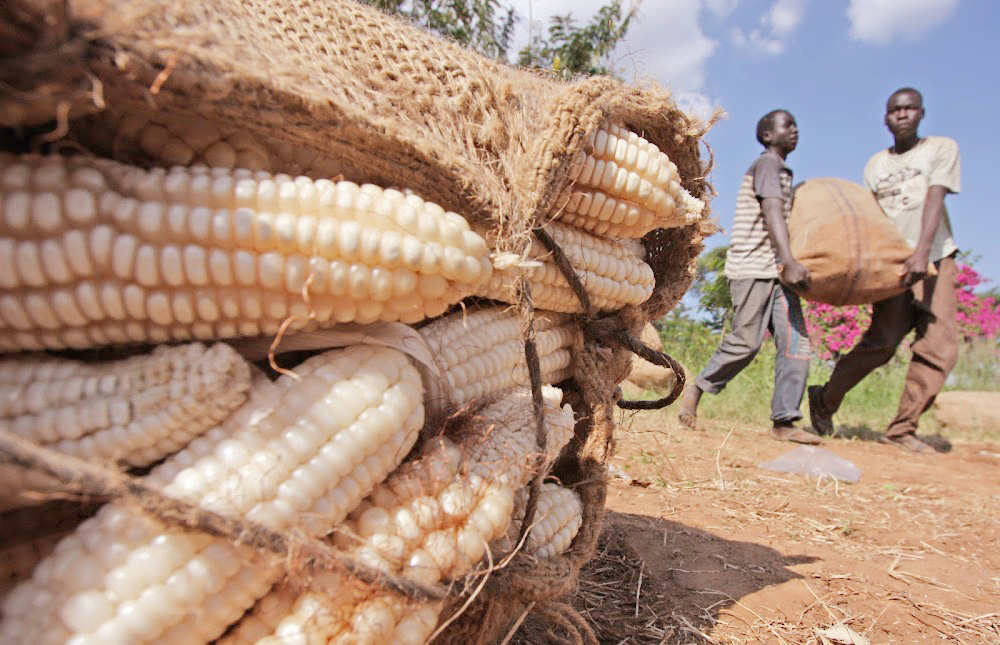'Tomorrow Died Yesterday' by Chimeka Garricks: Refuse to give up hope

What you need to know:
- Garricks’s novel is a character-driven story in five parts, with each character narrating their own lives and the lives of those around them. This structure allows readers to connect deeply with their struggles, emotions, and decisions as the story fluidly moves between the past and the present.
When their most earnest prayers go unanswered, some, like Kaniye and Amaibi, completely turn their backs on God. Others, like Doye, are rejected by a system meant to support them, so they create one that works for them—regardless of who it hurts. People like Tubo bend their principles and values to ensure the system that was never meant to accept them finally does. Others, like Kaniye, follow their hearts and cope with humour.
These are the childhood friends at the heart of Tomorrow Died Yesterday by Chimeka Garricks. The novel is set in Asiama, a part of the Niger Delta where the four friends grew up. Though their childhoods were different, they shared the common thread of struggle.
Amaibi was raised by Catechist Akassa, a strict man of God, alongside his equally strict mother. Doye grew up in poverty and abuse, with a father battling his demons from the Biafra war. Kaniye, raised by a single mother, had a distant father—a wealthy lawyer in Port Harcourt. Tubo, abandoned at birth, was raised in a church by nuns and a Catholic priest, Patrick.
When oil was discovered, things changed dramatically in Asiama. As is often the case in many African countries, those who live in resource-rich lands are usually the last to benefit from them. Corruption, greed, tribalism, and betrayal all contribute to these injustices. In 1997, during a soldiers' revenge war, a devastating event occurred that changed Asiama forever and tore the four friends apart.
Garricks’s novel is a character-driven story in five parts, with each character narrating their lives and the lives of those around them. This structure allows readers to connect deeply with their struggles, emotions, and decisions as the story fluidly moves between the past and the present.
Doye’s upbringing in an abusive home shaped him into someone who fought desperately to distance himself from his past. But when the system rejected his efforts, he created one for himself. “My people have the oil, yet it is your people who have all the jobs in the oil companies. Your people refuse to employ my people. They say we are not qualified. Yoruba man, answer me—are my people not qualified?” Doye, feeling robbed of what was rightfully his, turned to kidnapping and oil bunkering, justifying his actions as reclaiming what belonged to him.
Tubo, on the other hand, believes God owes him. He acts as a middleman, negotiating ransom payments for kidnappers like Doye and disregarding the oil spills and environmental destruction caused by his employer. “You are a greedy fool with no principles or loyalty except to yourself,” Kaniye told him, resigning.
For most people, faith in God is unwavering until they desperately need a miracle, which does not come. This was the case for Amaibi, who lost his faith in 1997. He prayed for a miracle on that fateful day, but it never came. Kaniye also prayed for a miracle but was met with silence.
“I prayed for my mother every day, a year before she died. After all my fasting, begging, and bribes, I just do not know why He let her die,” he said. Deola, another important character in the book, responds with an emphasis on keeping faith in God. Still, she does not shy away from highlighting the hypocrisy of believers: “In this country, we fast, pray, go to church, and talk a lot about God, but we also hate, lie, steal, cheat, and are immoral. We are the most religious people, yet we are the most corrupt people."
Though romance is not a central theme, it reminds readers of the power of love. Dise and Deola, two characters in the story, embody this power. Yes, love is not enough, but it can move the unmovable mountains and show up even when you least expect it.
Amaibi finds himself caught between a rock and a hard place. At this time, he and his wife, Dise (also Kaniye's sister), were separated, and she moved to Lagos to get away from him. But the moment she hears of his despair, Dise returns to be there for the love of her life—even though fate tried to keep them apart.
Despite the struggles in their friendship, the four men find ways to support each other. Deola convinces Kaniye to reconnect with and help his friend Amaibi when he needs him the most, both as a friend and as a lawyer.
Readers interested in social justice will enjoy Tomorrow Died Yesterday. Garrick is a brilliant writer and insightful. He argues that violence is not the answer when changing the system. Instead, dialogue, education, and awareness are necessary to create meaningful societal change. "You cannot bring good by doing bad."
Jane Shussa is passionate about books, coffee, nature, and travel. She serves as a Senior Digital Communications Officer for Twaweza East Africa.




